Ever dreamt of mowing your lawn with zero frustration? Zero-turn mowers deliver on that promise with their unmatched maneuverability. But before you bring home that shiny new mower, there’s one crucial factor to consider: weight.
Unlike traditional mowers, zero-turn mowers boast a unique design that allows them to turn on a dime. This makes them perfect for navigating around obstacles and tackling tight spaces.
This comprehensive guide will delve into the world of zero-turn mower weight. We’ll explore the vast weight range of these mowers and unpack the key factors that influence their weight. By the end, you’ll be equipped to choose the perfect zero-turn mower that’s not just powerful and efficient, but also perfectly suited for your needs and, importantly, your trailer!
Understanding Zero-Turn Mower Weight
A. Weight Range: A Balancing Act
Prepare to be surprised! Zero-turn mowers come in a staggering weight range, typically spanning from a lightweight 400 lbs all the way up to hefty 3,400 lbs. This vast difference might seem overwhelming, but it all boils down to a balancing act between features, performance, and user needs.
B. Factors Affecting Weight: The Building Blocks
Several key factors contribute to the weight variations in zero-turn mowers. Let’s dissect these factors to understand how they influence your mower’s overall weight:
- Deck Size: This is a big one! The size of the cutting deck directly impacts weight. A wider deck, designed to cover more ground in a single pass, naturally requires a more substantial frame to support it. This translates to a heavier mower.
- Engine Power: Just like deck size, engine power plays a crucial role. Bigger engines, needed for powering larger decks and tackling tougher terrains, tend to be heavier themselves. So, a zero-turn mower built for extensive mowing sessions will likely weigh more than one designed for smaller yards.
- Frame Material: The frame acts as the skeleton of the mower, providing structural integrity. Traditionally, steel frames were the go-to choice, offering unmatched strength. However, steel also adds significant weight. Modern mowers are increasingly using lightweight materials like aluminum for frames. While slightly less robust, aluminum frames can significantly reduce weight.
- Additional Features: Don’t forget the bells and whistles! Features like bagging systems, roll bars for operator safety, and even plush comfort seats can all add a few extra pounds to your mower’s weight.
By understanding these factors, you can start to see how zero-turn mowers achieve such a diverse weight range. It’s all about finding the right balance between features, performance, and keeping the overall weight manageable for your needs.
Weight Considerations for Different Users: Finding the Perfect Match
Now that we understand the factors influencing zero-turn mower weight, let’s explore how weight considerations translate to different user needs.
A. Residential Mowers: Maneuverability Masters (Under 1,000 lbs)
Residential zero-turn mowers typically fall under the 1,000-pound mark. This sweet spot offers several advantages for homeowners:
- Effortless Maneuvering: Lighter weight translates to easier handling and better maneuverability. You’ll have no trouble navigating tight spaces, winding paths, and around obstacles in your yard.
- Reduced Lawn Stress: Lighter mowers put less pressure on your lawn compared to their heavier counterparts. This can be especially beneficial for delicate landscapes or areas prone to soil compaction.
- Deck Size Options: Don’t be fooled by the weight range. Residential zero-turn mowers still offer a decent range of deck sizes, typically from 42 inches to 54 inches. This allows you to find the perfect balance between cutting width and maneuverability for your yard size.
Applications: Residential zero-turn mowers are ideal for homeowners with smaller to medium-sized yards (up to 2 acres) with moderate terrain variations. They excel at navigating around landscaping features and offer a comfortable mowing experience.
B. Commercial Mowers: Built to Last (Over 1,000 lbs)
On the other end of the weight spectrum, commercial zero-turn mowers typically clock in over 1,000 lbs. This extra heft comes with its own set of benefits:
- Increased Stability: Heavier mowers offer superior stability, especially on uneven terrain or slopes. This translates to a smoother ride and more control for professional landscapers.
- Durability for Long Hours: Commercial mowers are built to endure. Their heavier frames and robust components can handle extended mowing sessions on large properties without compromising performance.
- Wider Deck Options: Commercial mowers often boast wider deck sizes, ranging from 54 inches to a whopping 72 inches. This allows landscapers to cover vast areas quickly and efficiently.
Additional Considerations When Choosing a Zero-Turn Mower: Beyond the Weight
While weight is a crucial factor, it’s not the only aspect to consider when selecting your perfect zero-turn mower. Here are two additional points to keep in mind:
A. Trailer Capacity: Don’t Overload Your Haul
Once you’ve chosen your zero-turn mower, you’ll likely need to transport it around. Here’s where trailer weight capacity comes into play. Exceeding your trailer’s weight limit can be dangerous, putting strain on the trailer and risking accidents.
Key Takeaway: Always match your mower’s weight to your trailer’s capacity. Before you buy, consult your trailer’s manual or manufacturer’s website to find its weight limit. Most reputable trailer retailers will also have this information readily available.
B. Lawn Terrain: Weight for Performance
We’ve already established that lighter mowers offer better maneuverability. But what about uneven terrain? Here, weight can play a different role:
- Flat Lawns: Lighter mowers might be perfectly adequate for flat, even lawns.
- Slopes and Uneven Terrain: Heavier mowers can offer better traction on slopes and uneven ground. The additional weight helps them maintain stability and navigate these challenging areas more effectively.
Wrapping Up: Finding Your Perfect Weight Match
Zero-turn mowers come in a surprising weight range, influenced by factors like deck size, engine power, frame material, and even features. Understanding these factors empowers you to choose a mower that’s not just powerful and efficient, but also perfectly suited for your needs.
Here’s a quick recap:
- Residential mowers (under 1,000 lbs): Ideal for smaller yards, offering maneuverability and reduced lawn stress.
- Commercial mowers (over 1,000 lbs): Built for large properties and long hours, prioritizing stability and durability.
Remember, weight is just one piece of the puzzle. Consider additional factors like trailer capacity for safe transportation and how weight might affect performance on your specific lawn terrain (flat vs. slopes).
Call to Action:
Don’t stop here! With this knowledge in hand, delve deeper. Research specific mower weight information for models you’re interested in. Consulting with a reputable dealer can also be invaluable. They can provide personalized recommendations based on your yard size, terrain, and mowing needs. With the right weight considerations, you’ll be well on your way to enjoying a smooth, efficient mowing experience with your perfect zero-turn mower!

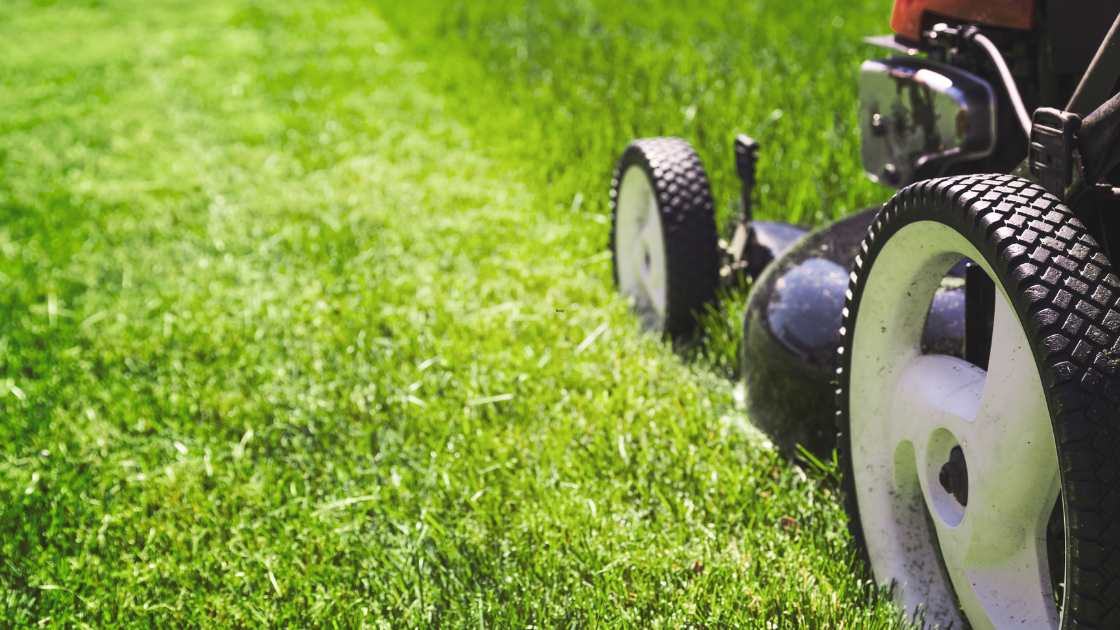

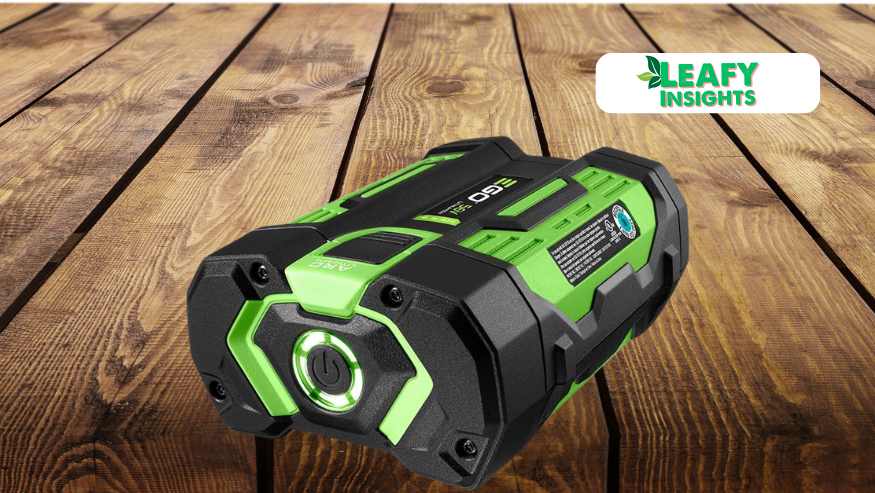
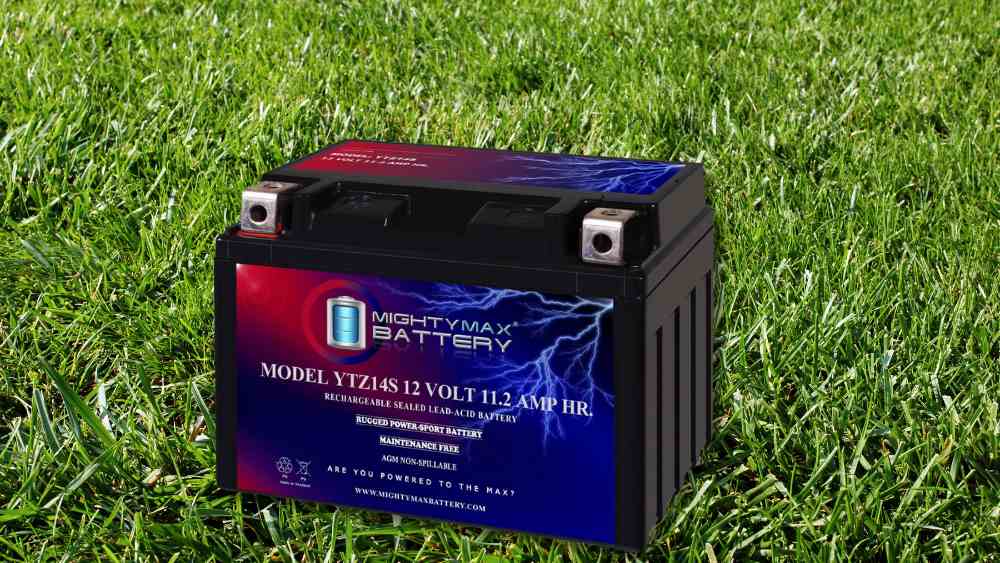
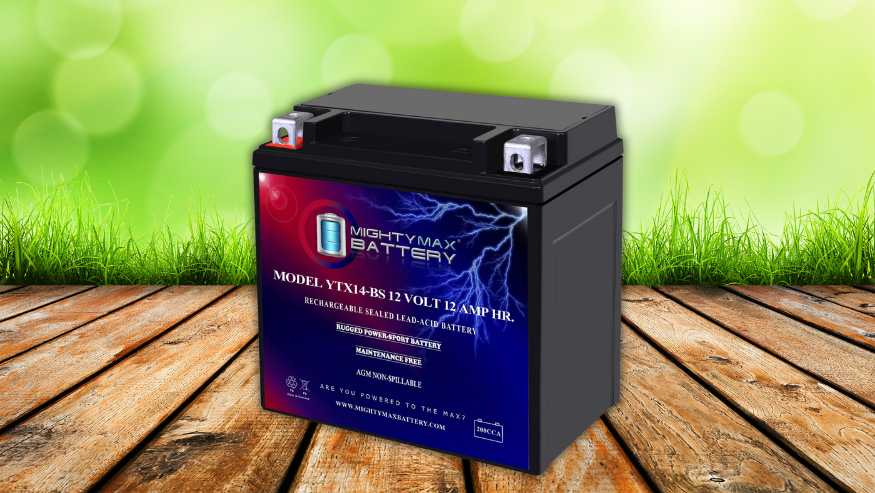
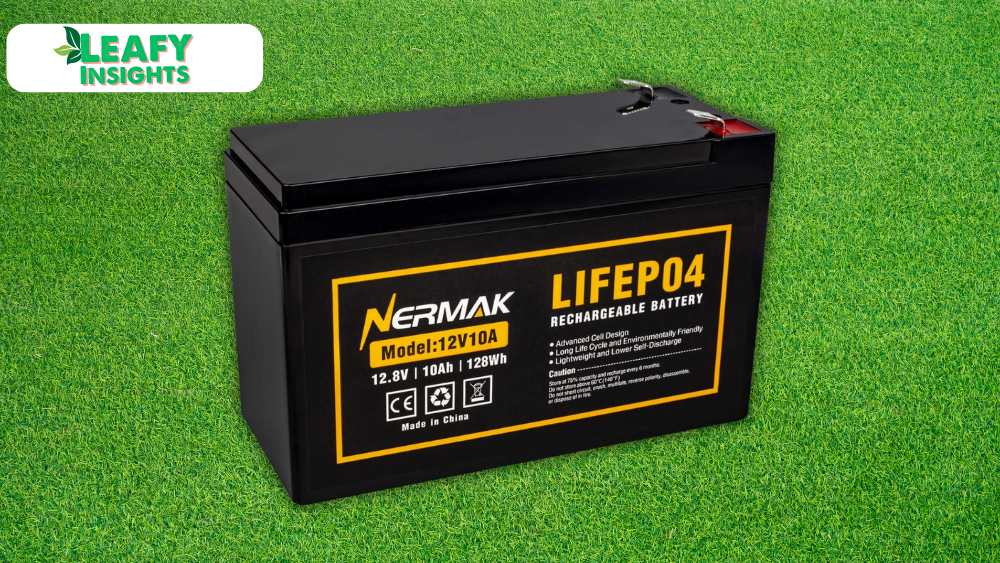

Leave a Reply